We know, you love both kinds of adorable furballs, but unfortunately guinea pigs and rabbits can’t live together—at least, not in the same enclosure.
If you want to have both these furry friends, it’s recommended that guinea pigs and rabbits live separately.
On the most basic level, guinea pigs and rabbits have different ways of communicating and different behaviors which make it difficult for them to understand each other, so they’re just not compatible!
Yes, they are both sociable animals that usually need companionship to thrive, but they should find companionship in their own kind, rather than with each other. There are just too many risks to consider.
Read on to learn more about why you shouldn’t keep guinea pigs and rabbits together.
Different dietary needs
You might think that both rabbits and guinea pigs eat pellets, veggies, and hay as part of their regular diet and it makes keeping them together convenient because feeding would be easy. However, this isn’t true!
Guinea pigs can’t make their own vitamin C like rabbits can, so it needs to be provided in abundance in the different fresh fruits and vegetables that they eat, as well as in supplement form. GuineaDad Organic Herbal Treats are the perfect supplements for guinea pigs, whether it’s for vitamin C or otherwise! You can easily include them into your piggy’s diet to give them a little something extra for their health, while still being tasty!
Some piggy parents have even been known to have to add vitamin C drops to their piggies’ water bottles to meet this vitamin requirement. Adding stuff to guinea pig's water is not recommended because it could deter guinea pigs from drinking water from the change in water taste.
However with rabbits, they can become sick if they have too much vitamin C!
This means that feeding both animals the same amount of veggies or giving them the same supplements can be harmful and risky.
Rabbits have also been known to bully guinea pigs away from shared food bowls when they have lived together. This means there’s a big chance that the guinea pigs won’t get the nutrition they need.
In general, as piggy parents we know that guinea pigs have quite an important balance of vitamins and nutrients that they need, and rabbits have their own as well! It isn’t as simple as setting a bowl of fruits and vegetables in front of them and calling it a day.
For more information on the kinds of nutrition that different types of fresh produce have for guinea pigs and how much you should feed them, refer to our Vegetable Master List, and our Fruits Master List.
Rabbits can hurt guinea pigs
Rabbits have very strong back legs! They have been known to use them to kick whenever they’re angry, so whether they purposely or accidentally kick your guinea pig, it can seriously hurt them.
Also, if the rabbit engages in mounting behavior and tries to mate with your piggies, they could injure your guinea pig’s back.
It’s also important to note that injuries are even more likely because rabbits actually need a lot more space to roam and exercise than guinea pigs, and if the space is too cramped it can lead to bullying.
Rabbits can bully guinea pigs
In general, we know that guinea pigs are quite scared and anxious animals, and they are easily intimidated by other animals. Even if rabbits don’t necessarily mean to do it on purpose, it just happened naturally because rabbits can be much bigger and more aggressive than piggies!
In the past when GuineaDad had put Tofu Peanut and Dumpling in an enclosure, with a rabbit in a completely different part of the building, he came back to find that the guinea pigs were huddled in a corner and hiding while the rabbit was in the enclosure eating their hay. The rabbit had broken in by hopping over the fence!
While nothing necessarily bad happened that time, it does show that guinea pigs are easily intimidated even when they outnumber the rabbit!
The stress caused by rabbits and their intimidation of guinea pigs can impact them so badly that it gets to the point where it impacts their quality of life! It’s especially true in older guinea pigs—excess stress can significantly affect their ability to eat, which in turn affects their digestive system.
You may be scratching your head and wondering how this works!
Essentially, what happens is that when guinea pigs are stressed, it causes them to eat less. There is a similar occurrence in humans that you may have noticed—when you’re anxious, it makes it difficult for you to eat!
In guinea pigs, their digestive system slows down until it eventually stops completely, and this can eventually lead to death. We already know that guinea pig digestive systems are sensitive as they are, so even just some extra stress can be fatal to them in the end.
They can make each other sick
Guinea pigs are very susceptible to respiratory diseases, and rabbits just happen to be carriers of a specific bacteria, Bordetella bronchiseptica, that causes these diseases in guinea pigs.
According to the Royal Society for the Prevention of Cruelty to Animals (RSPCA), it’s important to note that other animals that carry this bacteria are dogs and cats, so if you have these in your household as well, keep an eye out for any signs of illness in your guinea pigs!
If mixing rabbits and guinea pigs is unavoidable
If you absolutely have to have them live together, there are a few things you should do.
In general, rabbits and guinea pigs should be introduced to each other when they’re still young. This way, they can be accustomed to each other’s presence and behaviors. This is also so the rabbits won’t feel the need to display their dominance, or they both won’t feel as if their homes are getting invaded by one another.
Guinea pigs and rabbits are better off living separately
We know, it can be heartbreaking realizing that you can’t keep guinea pigs and rabbits together, but the most important thing is both pets’ safety and comfort! Both animals would be safer and happier living separately and with friends of their own kind who understand them!









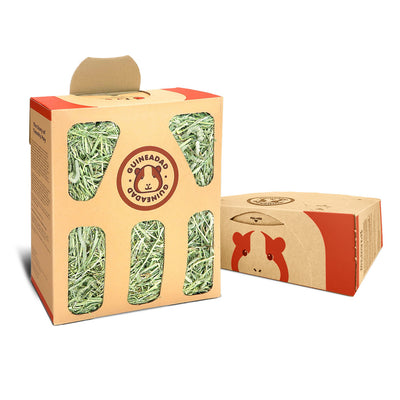
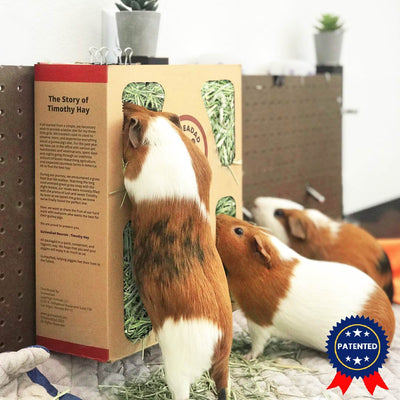
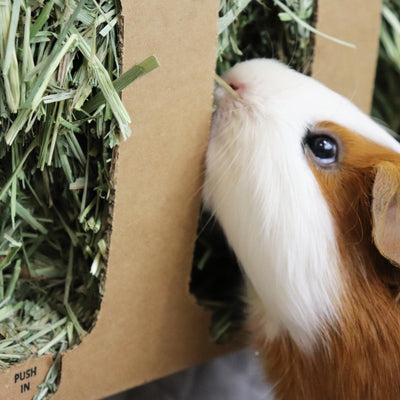
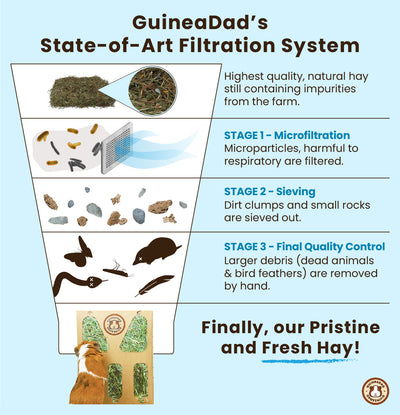
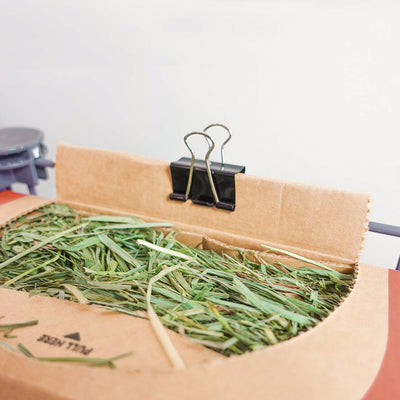
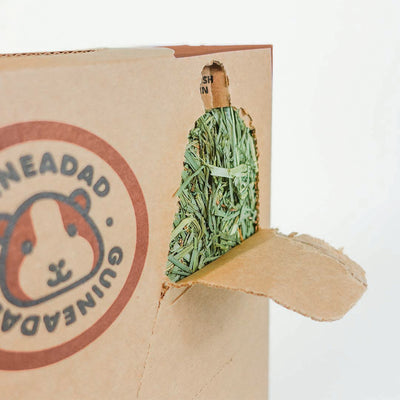
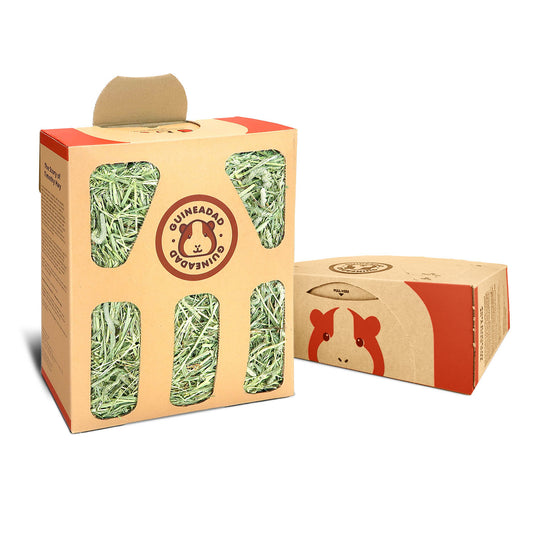
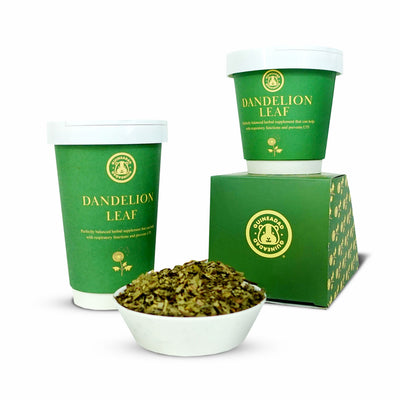
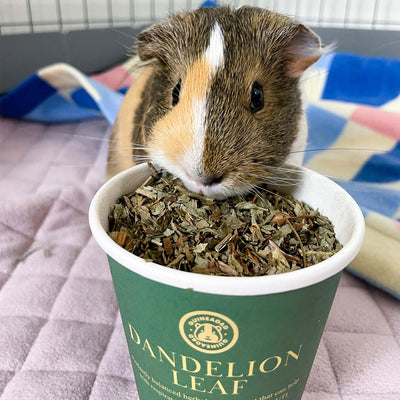
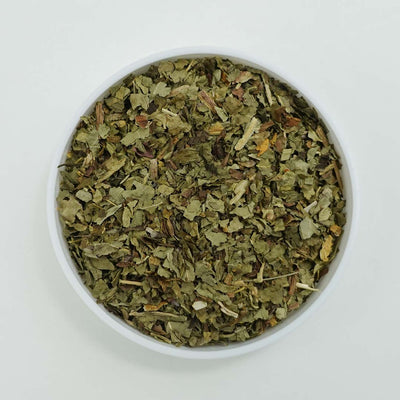
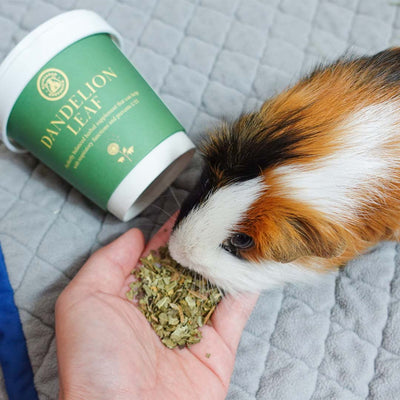

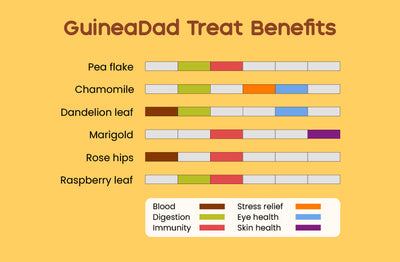
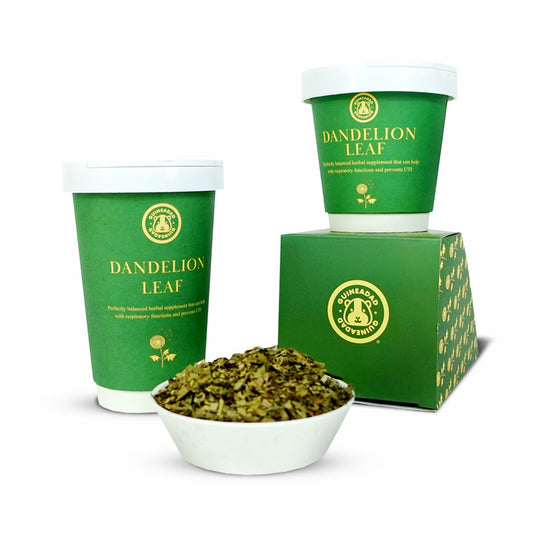

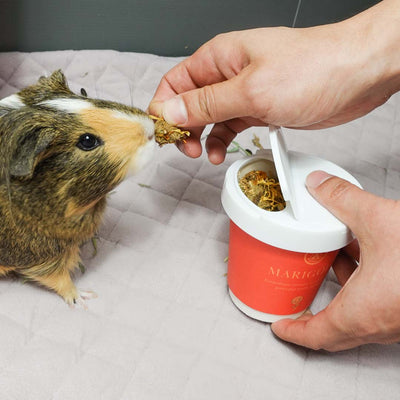
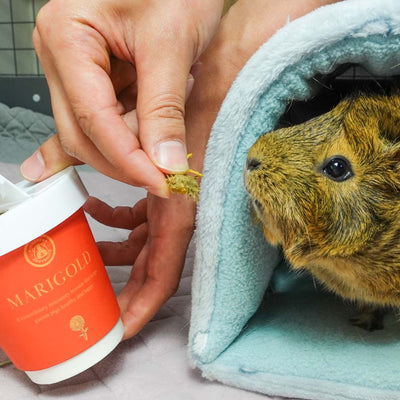
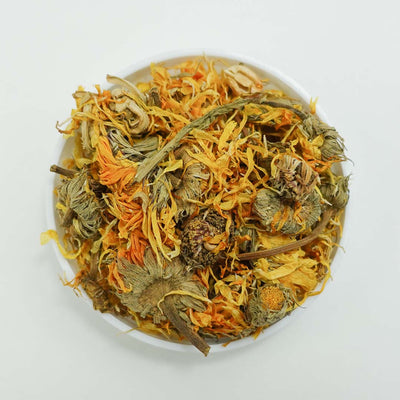

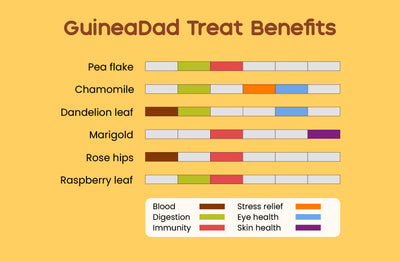

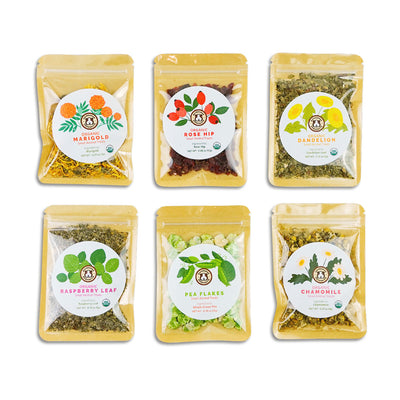
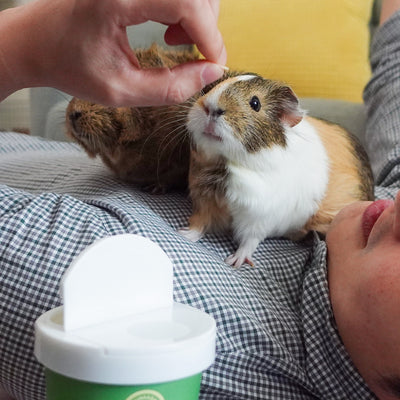
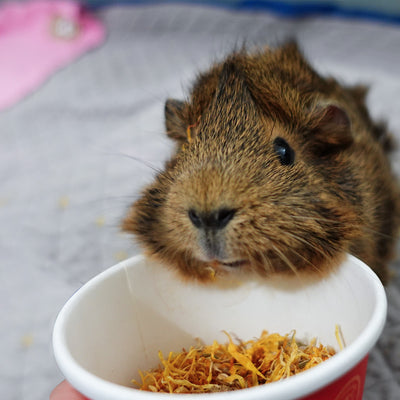

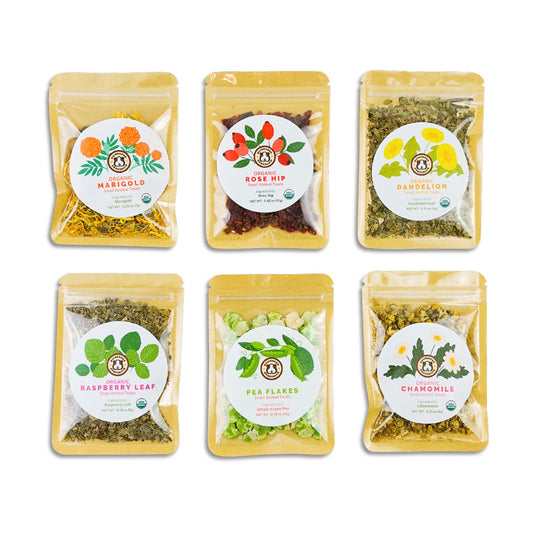
2 comments
I have two baby holland lop bunnies and a young skinny pig.
I had to keep my skinny apart from my two furry guinea pigs, they are very aggressive toward her. I introduced her to the bunnies, and they all get along great. They are in my kitchen and dining room combo which is gated off from the living room. They have seperate wood house and fluffy hideouts, and share a huge hay rack/litter box.If she can’t stay with her bff’s, then she will be lonely in a cage all by herself. Anyone’s thoughts on my situation? 🤔
I’m wondering if it’s safe for them to live separately indoors but use the same foraging habitat outdoors at different times from each other? Could they pass bodatella from droppings, urinine, saliva from eating the same grass?